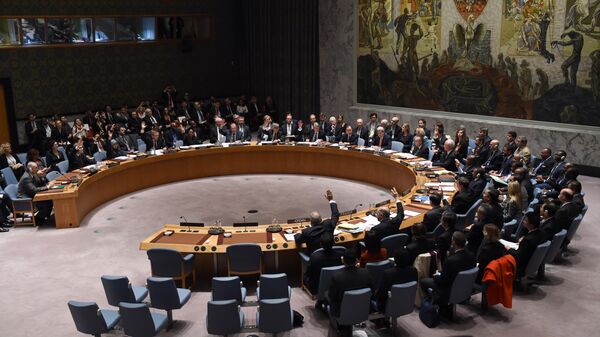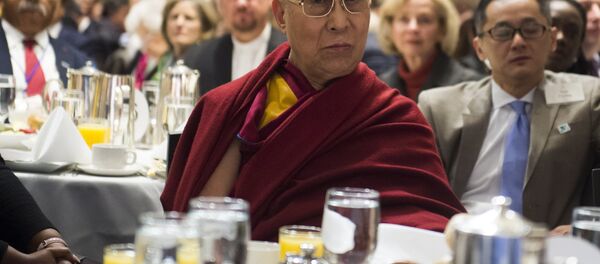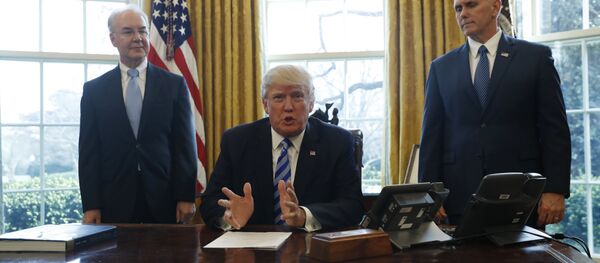"I am confident that if not this time, then next time, India would become a permanent member of the Security Council," Swaraj said in the Rajya Sabha, the upper house of the Indian parliament, on Thursday.
Replying to a supplementary question whether India will also get the veto power, the Indian minister said, "We don't want any discrimination between old and new members… and India wants the same responsibilities, prerogatives and obligations as the current permanent members."
Swaraj told lawmakers that during the inter-governmental negotiation process of the 69th General Assembly, the US and the UK opposed veto power for new members, while France supported the Indian stand. Russia and China have not made any submission on the issue.
She said India has been making diplomatic efforts to ensure not only expansion but also reform in the Security Council.
The Indian foreign minister's statement has come at a time when New Delhi has faced flak from envoys of African countries over attacks on African students as well as differences with China over the visit of Tibetan spiritual leader the Dalai Lama to Arunachal Pradesh.
"It is bad because it erodes the traditional goodwill of India in Africa. It could dent the India-Africa partnership. While China too is witnessing aggression towards African migrants, India's loss of goodwill is a gain for Chinese economic diplomacy," Prof Ajay Dubey of the New Delhi-based Jawaharlal Nehru University told Sputnik.
Speaking to Sputnik, Srinath Raghavan, senior fellow at New Delhi-based Centre for Policy Research, said, "China won't support us for permanent membership in the UN Security Council. Forget UN Security Council, they are not supporting us in the Nuclear Suppliers' Group. Our relationship is spiraling downwards with them, and the current dynamics of bilateral ties hardly inspire confidence."




